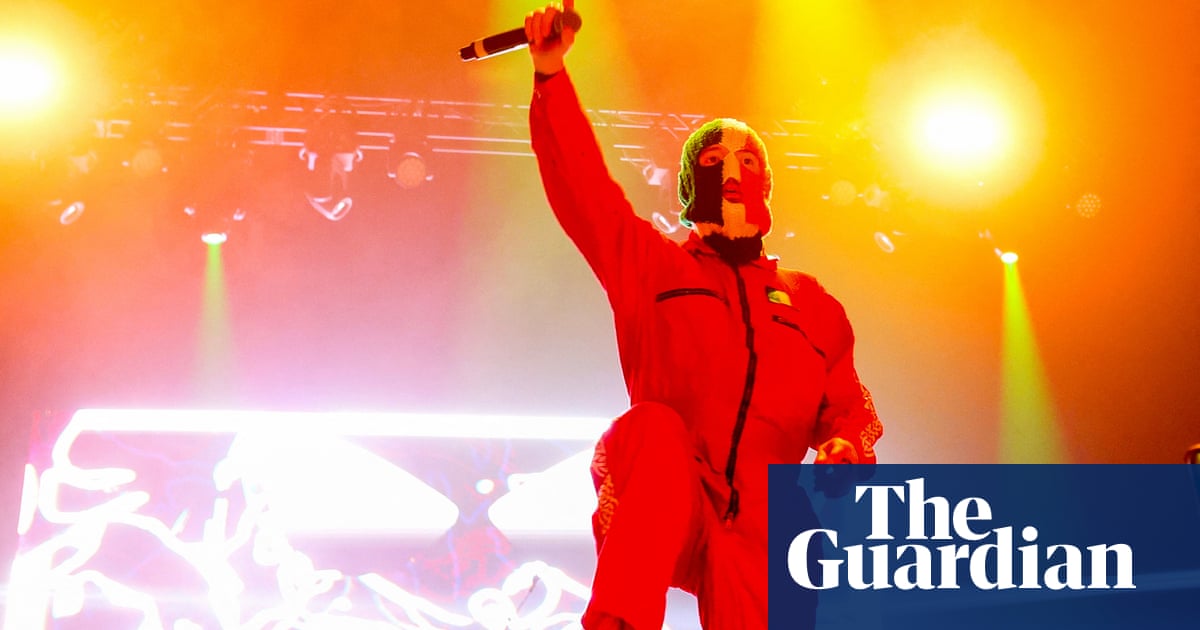Irish-language rap group Kneecap have responded to criticism of statements they made about Israel during theirCoachellaperformance on the weekend, saying that statements are “not aggressive” in comparison to Israel’s attacks on Gaza.
During their second set at the Coachella music festival in California on 18 April, the rap group, known for their political performances and support of Palestine, led the crowd in chants of “free, free Palestine”. Messages displayed on the stage’s screens during their set read: “Israel is committing genocide against the Palestinian people” and “It is being enabled by the US government who arm and fund Israel despite their war crimes.” Another read: “Fuck Israel. Free Palestine.”
During the set,Kneecapmember Mo Chara also criticised Israel’s bombing of Gaza, saying: “The Palestinians have nowhere to go. It’s their fucking home and they’re bombing them from the skies. If you’re not calling it a genocide, what the fuck are you calling it?”
In the wake of their performance, TV presenter Sharon Osbournecriticised the band’s incorporation of “aggressive political statements”into its set, accusing it of hate speech and saying its US working visas should be revoked. Fox News commentators also condemned the band, comparing the comments made during its Coachella set to Nazi Germany.
Asked by BBC News Northern Irelandfor their response to Osborne’s comments, Kneecap replied: “Statements aren’t aggressive, murdering 20,000 children is though.”
Kneecap’s manager, Daniel Lambert, told Irish broadcaster RTÉ the band had received death threats following their performance at Coachella and described the threats as “too severe to get into”. On social media the band have also been sharing messages of support they have received.
The trio, Móglaí Bap and Mo Chara from Belfast and DJ Próvaí from Derry, have built a large following in the US. On Thursday, they announced they have sold out their entire October tour of Canada and the US.
In a statement to BBC NewsNorthern Ireland, the US State Department said that when considering revoking work visas, they look at information that “may indicate a potential visa ineligibility under US immigration laws, pose a threat to public safety, or other situations where revocation is warranted”.
